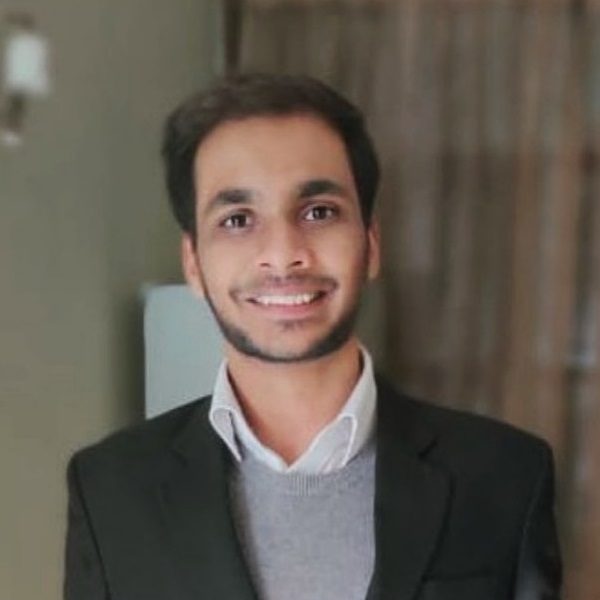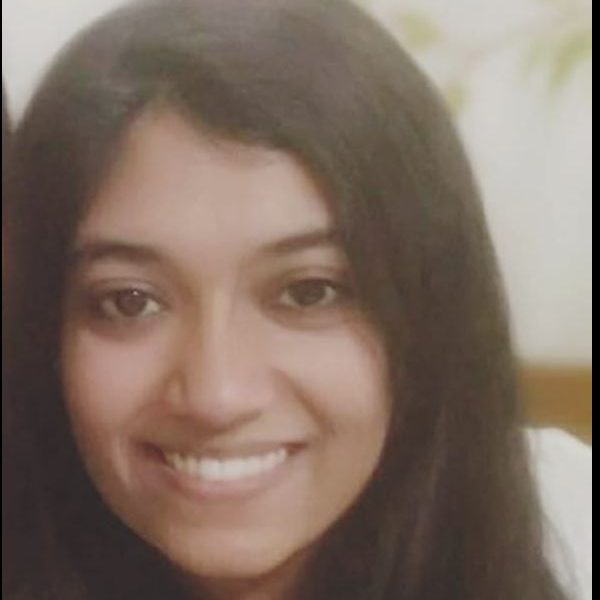The Department of Telecommunications, Ministry of Communications released a draft of the Indian Telecommunication Bill, 2022 (“Draft Bill”) on September 21, 2022 to solicit public comments. This was accompanied by an Explanatory Note which outlined the need to “restructure the legal and regulatory framework for the telecommunications sector”. Since then, the Draft Bill has generated a significant amount of discussion on various changes that it proposes to make to the current telecom regulatory framework.
The Draft Bill is an attempt by the Government to update the extant regulatory framework in keeping with the advancements and challenges in the sector. It proposes to consolidate the laws governing the provision, development, expansion and operation of telecommunication services, telecommunication networks and telecommunication infrastructure, and assignment of spectrum. This proposed law was much needed given that the three main legislations that currently occupy this domain are considerably outdated, with the most recent of these having been enacted more than 70 years ago. These legislations are: (i) the Indian Telegraph Act, 1885 (“Telegraph Act”); (ii) the Indian Wireless Telegraphy Act, 1934 (“Wireless Telegraphy Act”); and (iii) the Telegraph Wires (Unlawful) Possession Act, 1951 (“Telegraph Unlawful Possession Act”). The Draft Bill proposes to repeal these colonial era legislations and “restructure the legal and regulatory framework” for the telecommunications sector.
This submission sets out our comments on the Draft Bill on specific issues as identified by us. The comments also set out a brief context to the issues sought to be highlighted through our submission. We hope that our comments and drafting suggestions will be useful to the Department of Telecommunications, Ministry of Communications in finalising the Draft Bill.
About the Authors

Sunetra Ravindran
Sunetra is a Senior Resident Fellow and leads Vidhi's work on Legal Design and Regulation. She primarily handles engaged and commissioned projects from various ministries, statutory authorities and regulators, where she provides legal research and drafting support at various stages of law-making. At Vidhi, she has worked with ministries such as the Ministry of Electronics and Information Technology and the Department of Consumer Affairs. Her current projects at Vidhi include reforms in the area of digital economy, privacy law, data protection as well as healthcare systems and consumer protection. She has also written for The Indian Express and Firstpost.
Sunetra graduated with B.A, LL. B (Hons) from NALSAR University of Law, Hyderabad in 2012. Subsequently, she worked at AZB& Partners, Bangalore for two years, where her work primarily involved general corporate matters, employment law and litigation. Thereafter, she obtained her LL.M in Intellectual Property Law from George Washington University, Washington D.C. in 2015.

Aniruddh Nigam
Aniruddh was a Senior Resident Fellow with the Legal Design and Regulation Team. His research interests lie at the intersection of law, technology and political economy, focusing on issues of platform governance and data protection. Aniruddh graduated from the National Law School, Bangalore in 2019. He has interned at Shardul Amarchand Mangaldas & Co, Delhi, and was a Research Affiliate at the Quality of Governance project at IIM, Bangalore. In his spare time, he enjoys reading critical theory and playing video games.

Trishee Goyal
Trishee Goyal is a Research Fellow with ALTR. She has previously worked with the Technology Policy team of the Macro Finance Group at National Institute of Public Finance and Policy, New Delhi for a period of three years. Trishee graduated from National Law School of India University, in 2014, with a B.A. LLB (Hons.). Her research interests are technology policy and regulatory governance.

Manjushree RM
Manjushree is a Senior Resident Fellow at Vidhi. She has previously advised the Ministry of Corporate Affairs on the Competition (Amendment) Bill, 2022, and has also advised the International Financial Services Centre Authority. She graduated from NALSAR University of Law, Hyderabad in 2019. Her primary areas of interest are International Economic Law and Competition Law. She is a trained theatre enthusiast, and has featured in several plays directed by the National School of Drama.

Ameen Jauhar
Ameen was a Senior Resident Fellow at Vidhi, and led the Centre for Applied Law and Technology Research (ALTR). His interest and research focus lies in AI ethics, and the governance of AI. Within ALTR, he has been leading the team's collaborative research on data trusts, and artificial intelligence. Ameen has also worked on the intersection of technology and the justice system, as a senior fellow working on the JALDI mission's engagement with the Supreme Court of India's AI and E-Courts' committees.
Ameen has a formal educational background in social research methods and evidence-based policy. He completed his master’s programme from the Institute of Education (University College London), focusing on the use of research evidence in policy processes, and was awarded an MSc. with an overall distinction. Before this, he completed his undergraduate legal studies from the W.B. National University of Juridical Sciences [B.A. LL.B. (Hons.)] in 2012. Prior to Vidhi, Ameen worked at J. Sagar Associates, in the firm’s regulatory and policy team. He has practised in the Supreme Court of India, the Delhi High Court, and numerous tribunals.








